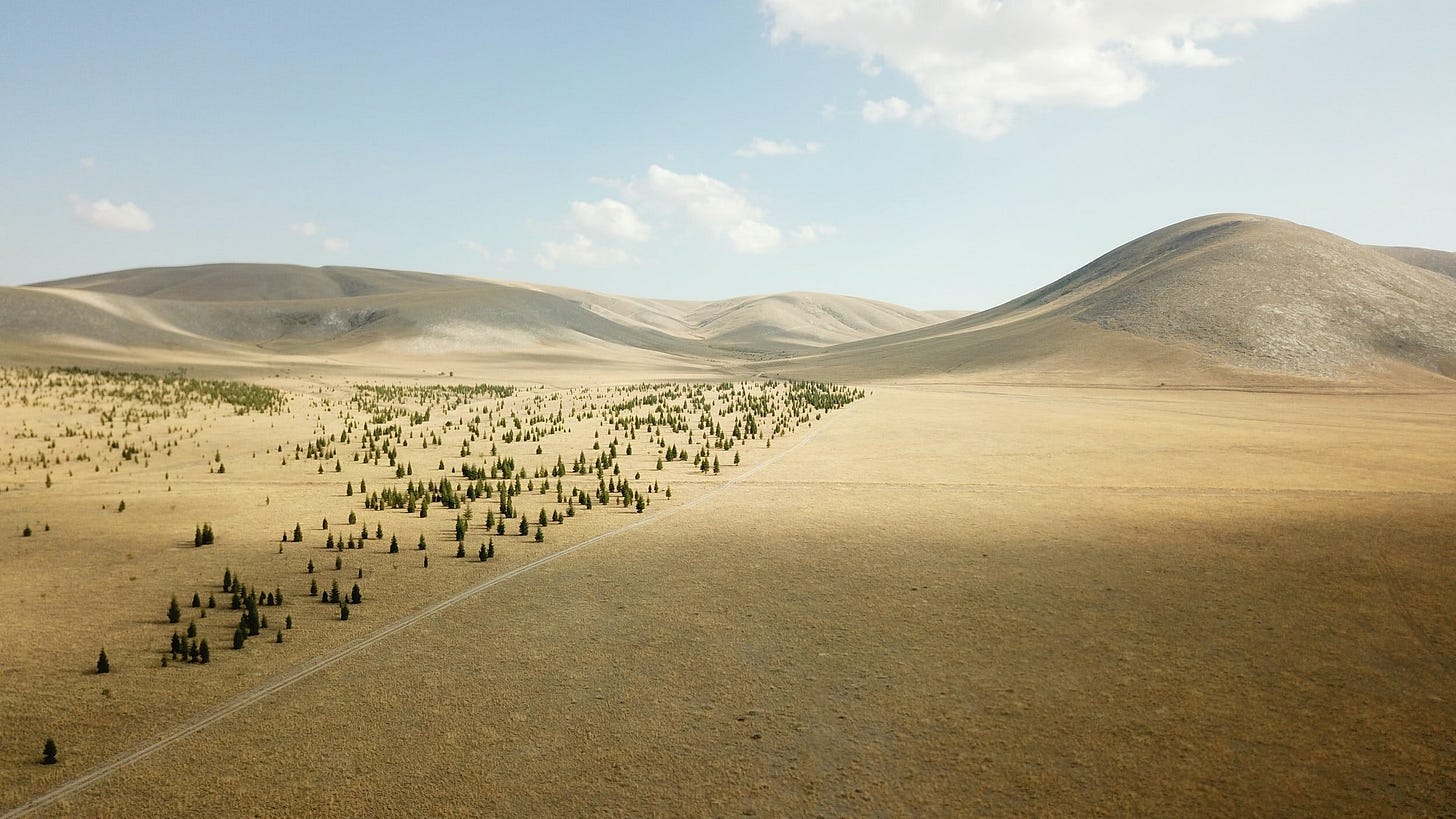Philosophers have realized that the mind cannot comprehend infinite realities and that it is, by nature, fitted only to apprehend particulars. It is incapable of apprehending such a universal of total existence as that of the Divinity. Allah was known by conscience, not by reason alone. Just as the new-born baby’s thirst for milk is a proof that is exists out there in the vast world beyond its mother’s womb, our yearning for justice, for example, is proof to us that a just Being exists ‘out there’.
Philosophers have realized that the mind cannot comprehend infinite realities and that it is, by nature, fitted only to apprehend particulars. It is incapable of apprehending such a universal of total existence as that of the Divinity. Allah was known by conscience, not by reason alone. Just as the new-born baby’s thirst for milk is a proof that is exists out there in the vast world beyond its mother’s womb, our yearning for justice, for example, is proof to us that a just Being exists ‘out there’.
Indeed human beings do have a special gift or power – the power of reason and logic. But we must realize that this power is, in itself limited: it is like a precision balance which might use for weighing gold but one would be vain and foolish to think it to weigh mountains. No single person on his own, no matter how clever he may be, can give complete, valid and satisfying answers to the questions about the origins of the world, and mans place in it, about life and destiny. No group of persons can do so either. For example, all the knowledge of the world and the universe amassed by philosophers and scientists in the future may come to know, there will always be a point of where they must say ‘We do not know!’. From the standpoint of science, the universe is like an old book, of which the first and last pages of which have been lost. Neither the beginning nor the end is known. Thus, the worldview of science is knowledge of the part, not of the whole.




